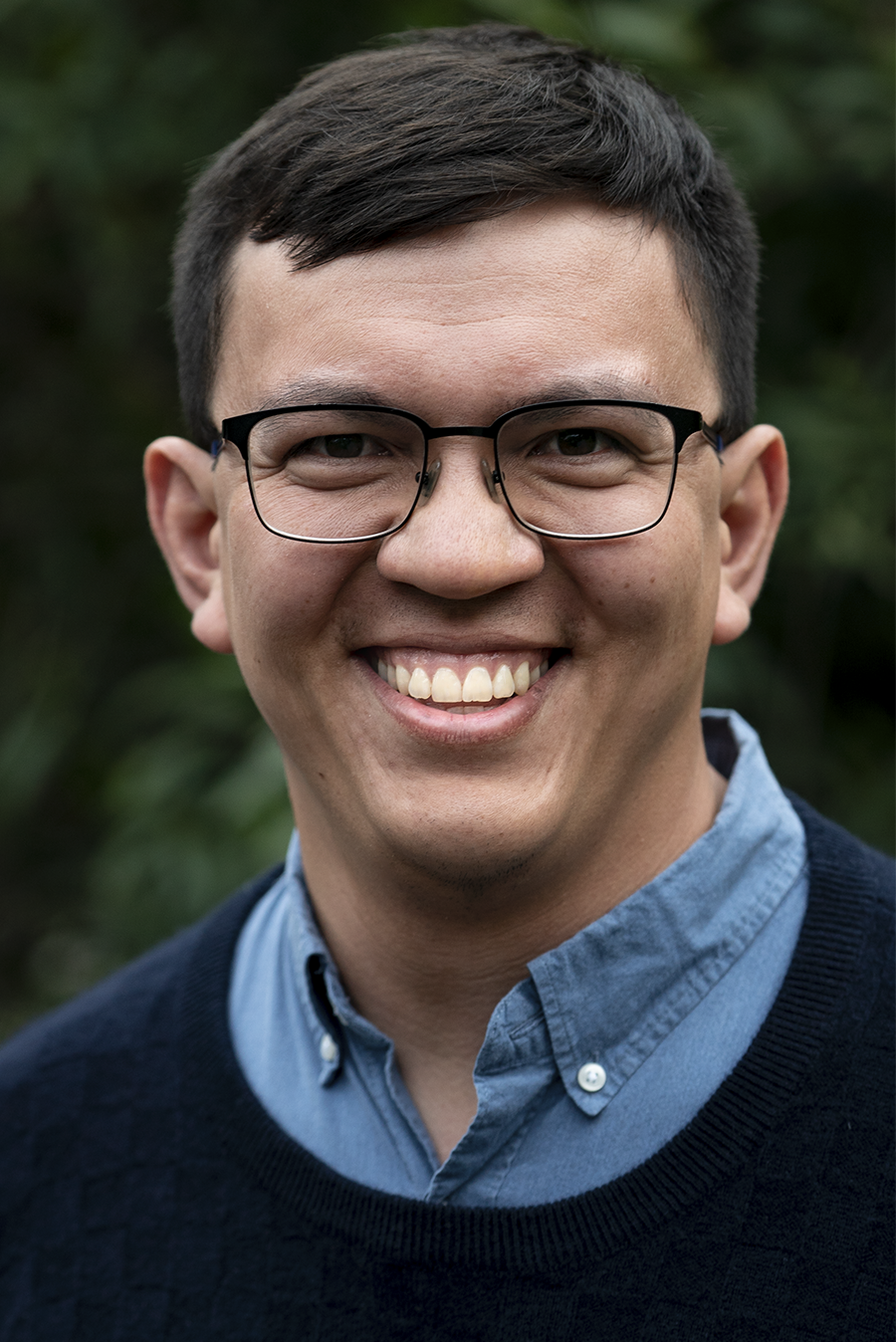 Based in the Earth, Environmental, and Planetary Sciences department (DEEPs), Ibarra also stands out for his dedication to nurturing the growth and professional development of his mentees.
Based in the Earth, Environmental, and Planetary Sciences department (DEEPs), Ibarra also stands out for his dedication to nurturing the growth and professional development of his mentees.
One of the hallmarks of Professor Ibarra's mentorship approach is the creation of a space that champions inclusivity and peer support. Doctoral candidate Catherine Gagnon attests to this, highlighting how Professor Ibarra allocates time during weekly lab group meetings for each member to share both scientific and personal updates, communicate lab needs, and generally get to know each other better. “He genuinely values individual voices/perspectives/life experiences, which leads to a positive learning environment,” says Gagnon.
Ibarra holds one-on-one meetings with students and postdocs, to help run instruments, and execute experiments. He encourages mentees of different career stages to learn from/with each other. He also sets aside time to allow everyone in his lab group, from undergrads to postdocs, to share their research to help them prepare for larger audience presentations.
“As a trainee, he has shown me nothing but encouragement, kindness, and patience. Because of his efforts, I have been able to make progress towards my degree, gain confidence in my skills as a scientist, and begin paying it forward by helping to train other students in the lab,” says doctoral student Riley Havel.
Ibarra is a biogeochemist and climate scientist working on the water and carbon cycles. This includes studying modern rivers and catchments, as well as the terrestrial geologic record (lakes, soils, and caves), to understand Earth system processes that link the biosphere, atmosphere, and lithosphere. The aim of this work is to gain a better understanding of how the Earth’s water and carbon cycles respond to forcings, including ongoing anthropogenic climate change. His lab is also working on the characterization and quantification of lithium deposits in lake basins and enhanced weathering strategies for carbon dioxide removal.
“Starting my career here and building up our biogeochemistry labs in DEEPS/IBES has been about the physical labs and mass spectrometers/instruments, but more importantly for me, has really been about the amazing people and community that work in those spaces and that I have the opportunity to study Earth system processes with using geochemical tools,” says Ibarra.
Beyond his scholarly pursuits, Professor Ibarra serves as the Director of Diversity, Equity, and Inclusion for the Institute at Brown for Environment and Society (IBES), further exemplifying his dedication to creating a more equitable academic landscape, work that was acknowledged by his nominators.
Faculty members Elizabeth O. Harrington, Daniel E. Ibarra, Susan L. Moffitt, and Candace Rice received the Graduate School’s Faculty Award for Advising & Mentoring at the University Awards Ceremony on May 1, 2024.